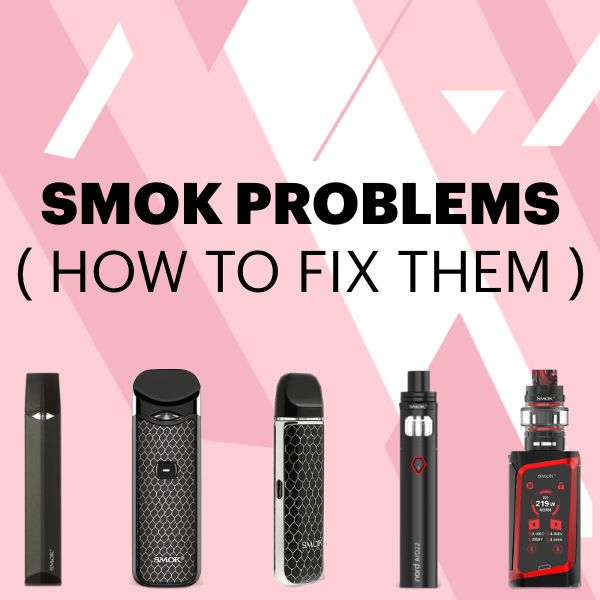The E-Cigarette Summit last week was a game changer. I think everyone on all sides of the issue can see that. My take-away, one of them, anyhow, was a vivid picture of the community that has formed among those who want electronic cigarettes to be a harm reduction tool.
A community of scientists, public health advocates, and consumers, joining forces with those who market the product they advocate, in an effort to bring about the triumph of common sense in the regulation of vapes.
Nowhere was this clearer than in the misfortunes of the one hapless representative of Big Tobacco, perhaps not the only one present, but the only one who dared to speak up. Midway through the Question and Answer period of the second Experts' Panel, someone noted that some Big Tobacco people were present, persons from companies that make real cigarettes, the kind you burn and that kill a lot of their users. A challenging question was posed by an audience member who was not even a vaper, simply an interested party, a smoking ban advocate.
The question was about Big Tobacco's stance on regulation of combustible cigarettes: if they want a "light touch" on e-cigs because of their harm reduction potential, would they advocate a tougher regulation of their own lethal products, or would they continue to attempt to block cigarette-regulation measures.
One hapless Big Tobacco executive ventured to comment, saying at first that he wasn't clear about what was being asked. The questioner honed her question to a sharp point: it was about, just for instance, opposition to standardised packaging, whereupon he finally mumbled something about the package warning being enough. There was a lot of laughter. At the end of the session he came back with a question of his own (perhaps in an effort to correct the bad impression he had made), directed to the MHRA's Jeremy Mean, about the MHRA response to the recent rejection of medicalisation by the EU Parliament.
For me, the point was that this was a hostile crowd for anybody from Big Tobacco. The community that has formed around vaping feels residual anger toward tobacco companies, for decades of lying and disregard for the welfare of their own customers. This anger is recycled now, as the Johnnies-Come-Lately of the tobacco industry try to muscle their way in to an industry that was cutting into their profits, and buy that industry with the copious proceeds of their earlier duplicity.
It may be too late for them to succeed, even though they seem to be doing very well at the moment with the "cigalike" segment of the market. That is the segment that will do best with a very broad public. But as Lynne Dawkins made clear in her introductory survey of available product types, the cigalikes are old news. Second generation vapourisers have a dedicated following, and their users combine the passions of hobbyists with a strong animus against the tobacco industry. Reporters covering the meeting noted that many attendees were vaping, and by and large they were not vaping cigalikes. In fact, users of second generation vapourisers, and even 3rd ("mods"), are a different market from the public that will buy cigalikes.
Much of this has to do with the way electronic cigarettes came onto the market. Because of the unregulated environment during the early years of the product's development, it became very popular in a regulatory vacuum. Essentially, it became a people's technology. In many locations, suppliers were barred from making the obvious claim that they could help you stop smoking. But the people knew. Smoking ban zealots became passionate about the claim that electronic cigarettes do not help you stop smoking. But the people knew.
So now the genie is out of the bottle, and the people's wisdom is prevailing in a market niche that is quite distinct. No matter how much money Big Tobacco makes buying up e-cig companies and creating their own e-cig products, the market for second generation products will remain, modest but stable. Provisionally, it looks like regulators know this and are unlikely to sell out to Big Tobacco. Jeremy Mean promises "light touch" regulation, and although J. F. Etter claims there is no such thing, a wait-and-see approach may be worthwhile. It certainly appears that Mitch Zeller is waiting to see, waiting for something, anyhow. Let's hope that he adopts a light touch as well.






Leave a comment
This site is protected by hCaptcha and the hCaptcha Privacy Policy and Terms of Service apply.